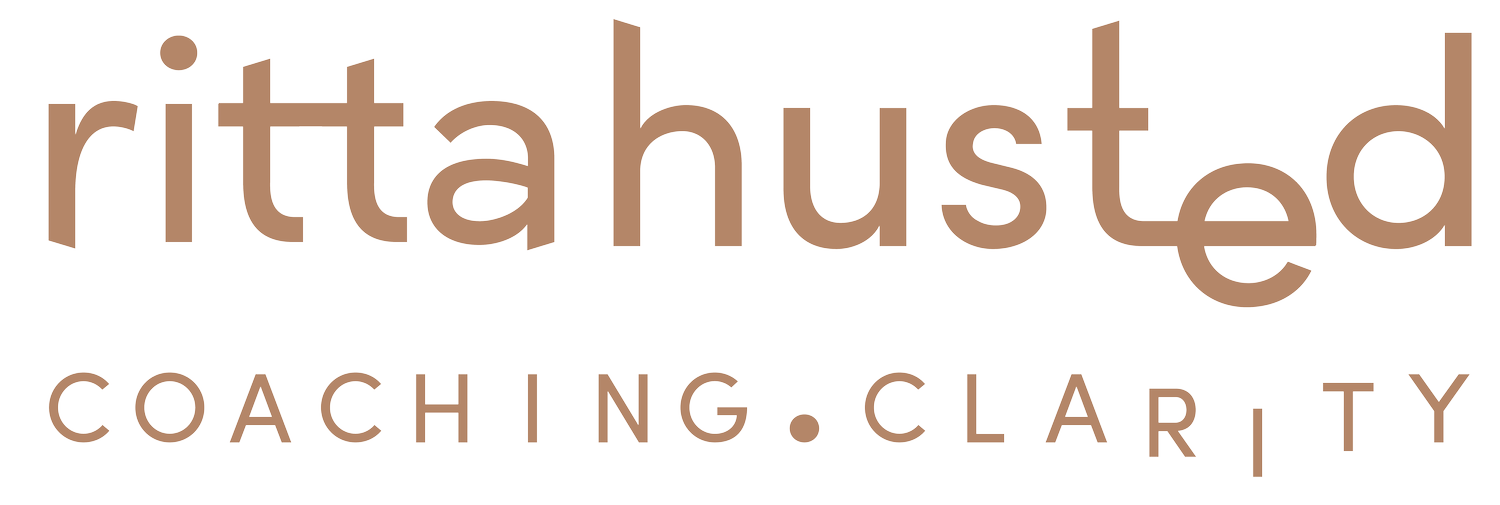Optimism + hope = self-efficacy
Knowing that we are equipped to act is crucial to the success of any performance coaching programme, yet clients often feel that they have no agency over things which are hugely important to them. Proponents of Emotional Intelligence tells us that optimism + hope = self-efficacy.
It seems to be the case that people who tend to be optimistic and hopeful– glass half-full kind of people – have higher levels of self-efficacy. Optimism and hope here should not be interpreted as doing cartwheels on the way to boiling the kettle on a grey Monday morning nor a sense of can’t-wait-to-get-on-with-the- next-Excel-spreadsheet moment (which I realise some will enjoy!) but rather it is the idea of how people explain to themselves their successes and failures; e.g. the presentation did not go well, but I have the ability to change that for next time.
Goleman (2020:80) states: ‘self-efficacy is the belief that one has mastery of the events of one’s life and can meet challenges as they come up’.
From a Cognitive Behavioural point of view, Vieira and Palmer (2019) suggest that people’s beliefs about their self-efficacy is dependent on 4 main areas:
Mastery of successful experiences;
Vicarious experiences;
Social influences;
Inferences based on our psycho-physiological and emotional states.
Tapping into any previously successful experiences a client has had can serve as powerful reminder of our self-efficacy.
By verbalising what they were saying to themselves at
the time can then be linked to the current challenge.
To empower clients with lower levels of self-efficacy I often take a more detailed step-by-step approach, breaking down tasks or actions in more manageable chunks. Inviting a client to notice what is happening in their body and help them interpret their emotions can also help support their beliefs about their own ability.
Thus, self-efficacy seems an important concept within performance coaching as it focuses mostly on goals and observable outcomes; however, by establishing a client’s levels of self-efficacy and provide appropriate frames for interventions is likely to benefit the client and therefore positively influence the outcomes.
Goleman, D. (2020). Emotional Intelligence. Bloomsbury
Vieira, D.A. and Palmer, S. (2019). Self-efficacy within coaching psychology. In S. Palmer & A. Whybrow (eds.) In Cognitive Behavioural Coaching in Practice: An evidence based approach. Hove: Routledge, pp. 203-236


